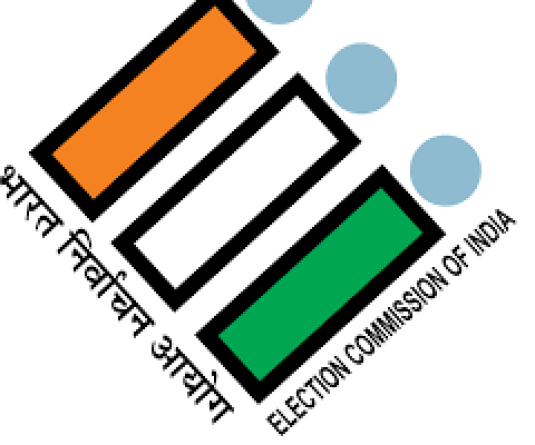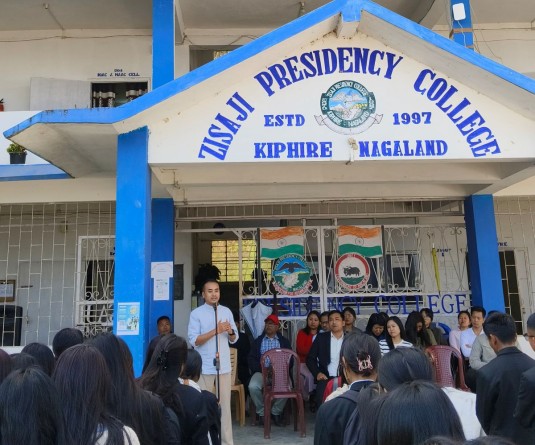
GoI accused of interpreting FA its own way
DIMAPUR, AUGUST 3 (MExN): The Framework Agreement (FA) signed between the Government of India (GoI) and the NSCN (IM) has turned 9. Commemorating the 9th anniversary, the NSCN (IM) held a ‘Thanksgiving programme’ at its Council Headquarters, Hebron, on August 3, which was addressed by the President Q Tuccu.
A copy of Tuccu’s speech, released to the media, reiterated the NSCN (IM)’s position that the FA, in essence, aims to resolve the Indo-Naga political solution on the principle of “shared sovereignty.” He said that the term implies India and Naga people sharing “sovereign power” as defined in the “competencies.” He added that the principle was proposed during the tenure of Dr Manmohan Singh as Prime Minister, and which was subsequently put to ink by the succeeding Prime Minister, Narendra Modi on August 3, 2015.
While stating that the idea of shared sovereignty will unfold once the FA is implemented, he said, “The government of India proposed for an enduring inclusive new relationship of peaceful co-existence of the two entities,” he said,
By “inclusive,” he said that it means embracing all Nagas, including all the Naga Political Groups, and also “those forest lands transferred arbitrarily out of Nagaland.” By “new relationship,” it means a new relationship based on the Framework Agreement, and by “co-existence,” it means two entities co-existing with their respective political system and governance, he said.
He added that the political talks started with the sole objective of hammering out an agreement “that is honorable and acceptable to both the Nagas and India with deep mutual respect and understanding.”
Citing the Amsterdam Joint Communiqué of July 11, 2002, he said that it recognised and acknowledged the “unique history and the situation” of the Nagas. The acknowledgment by the GoI was further reiterated in the FA, an agreement entailing great political significance to the Nagas as well as the GoI, he added.
According to him, the FA put an end to the GoI viewing the Naga issue as a “law and order problem.” It acknowledged both sides understanding each other’s respective positions, he added.
However, he accused the GoI of trying to interpret the FA according to their interest and convenience. “This has become the crux of the issue and the reason for the inordinate delay in the implementation of FA as agreed upon,” he said. He added, “Time and again we have made our stand very clear that the Framework Agreement shall be the basis for Naga political solution.”
On the contentious question of separate Naga flag and constitution, he held these are constituent parts of sovereignty, and that there should be no ambiguity about it. According to him, “competencies are being worked out on the principle of the FA.”





